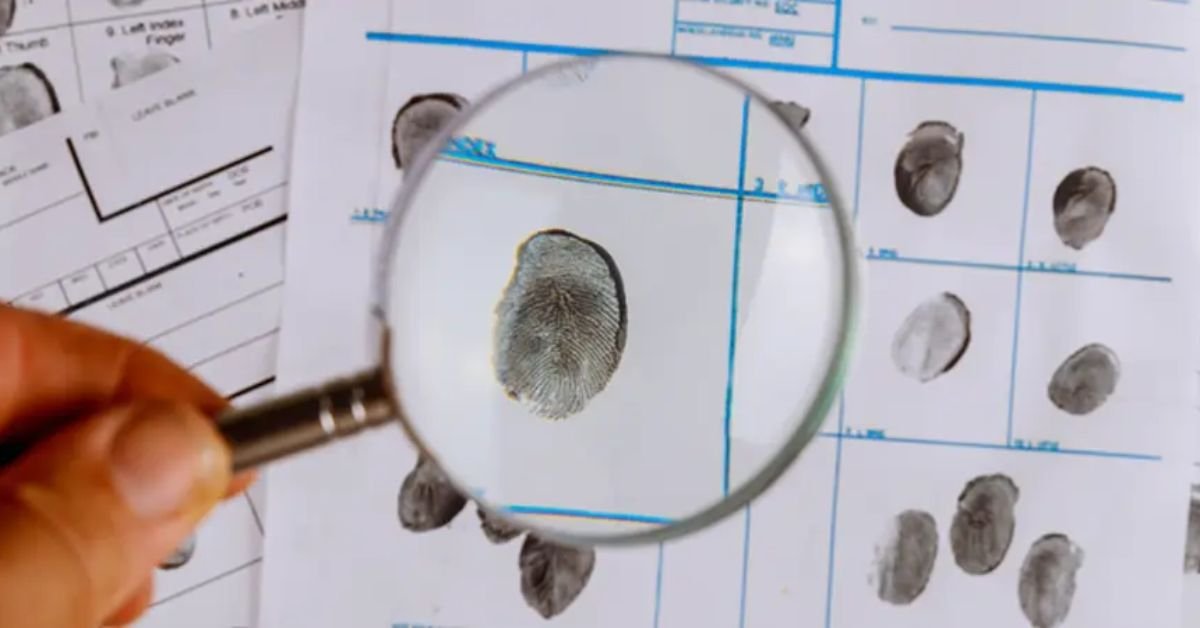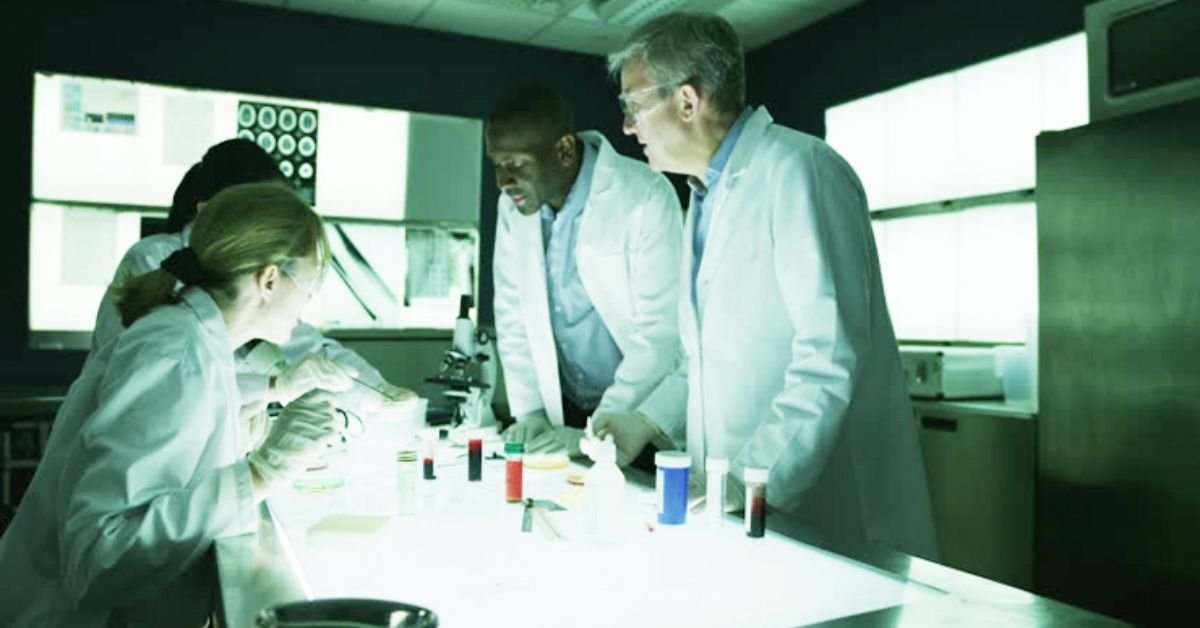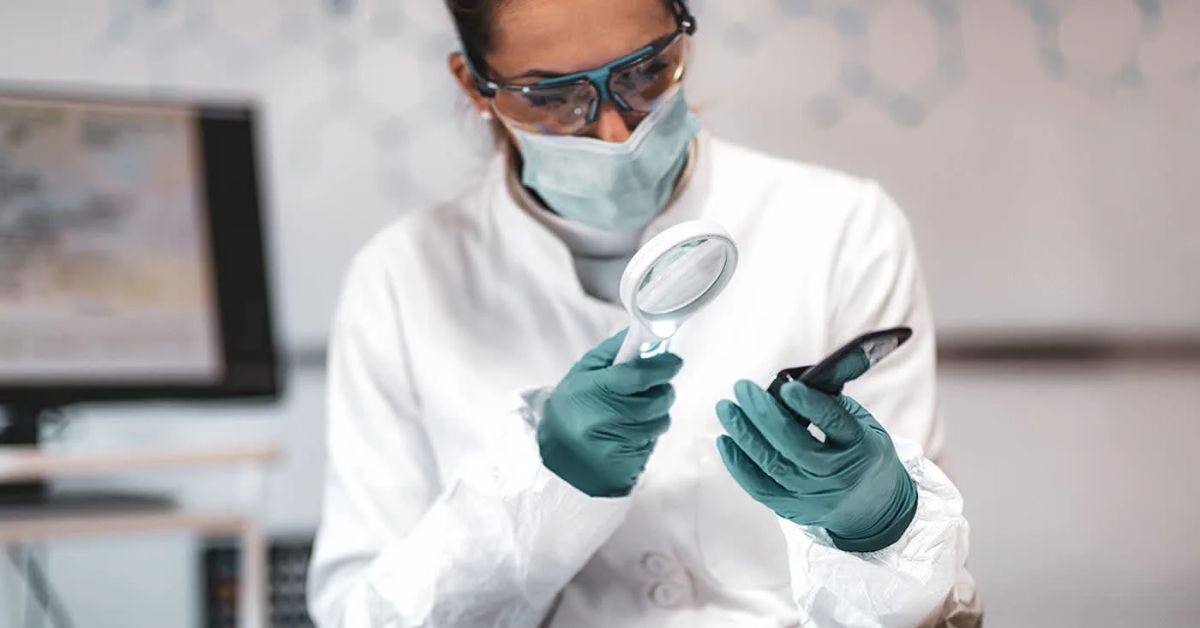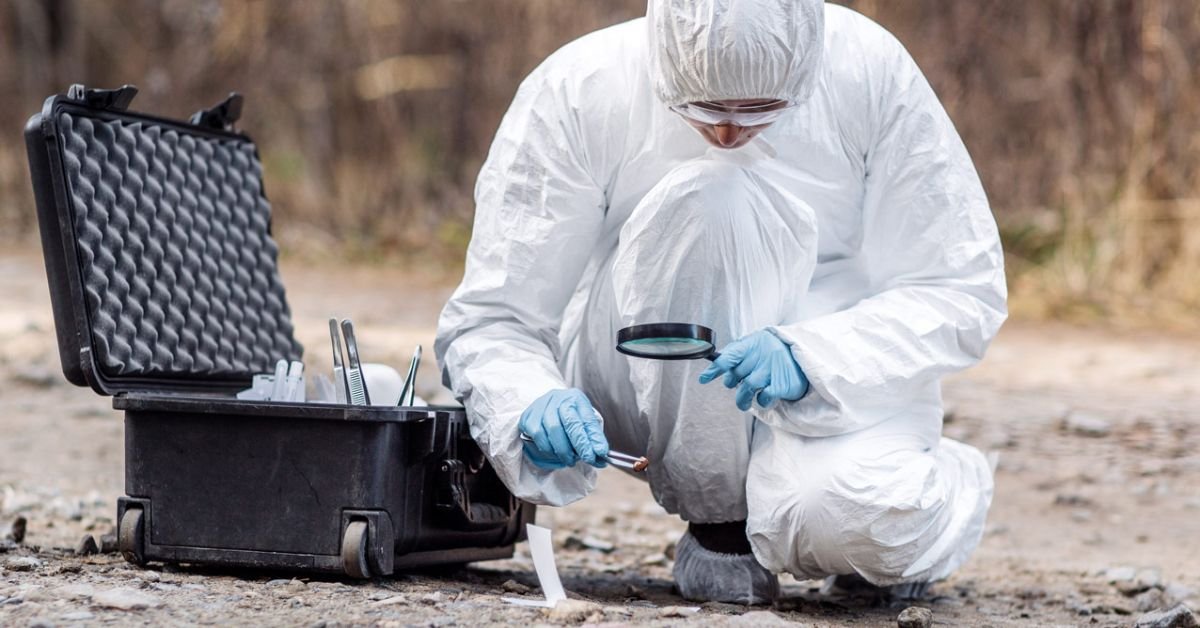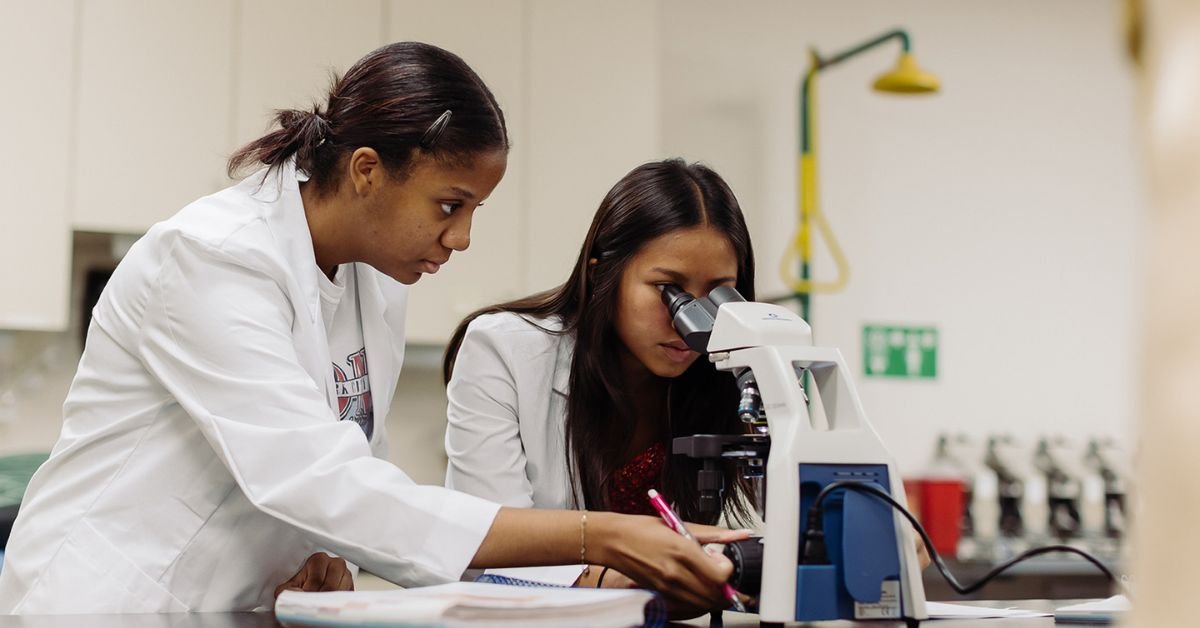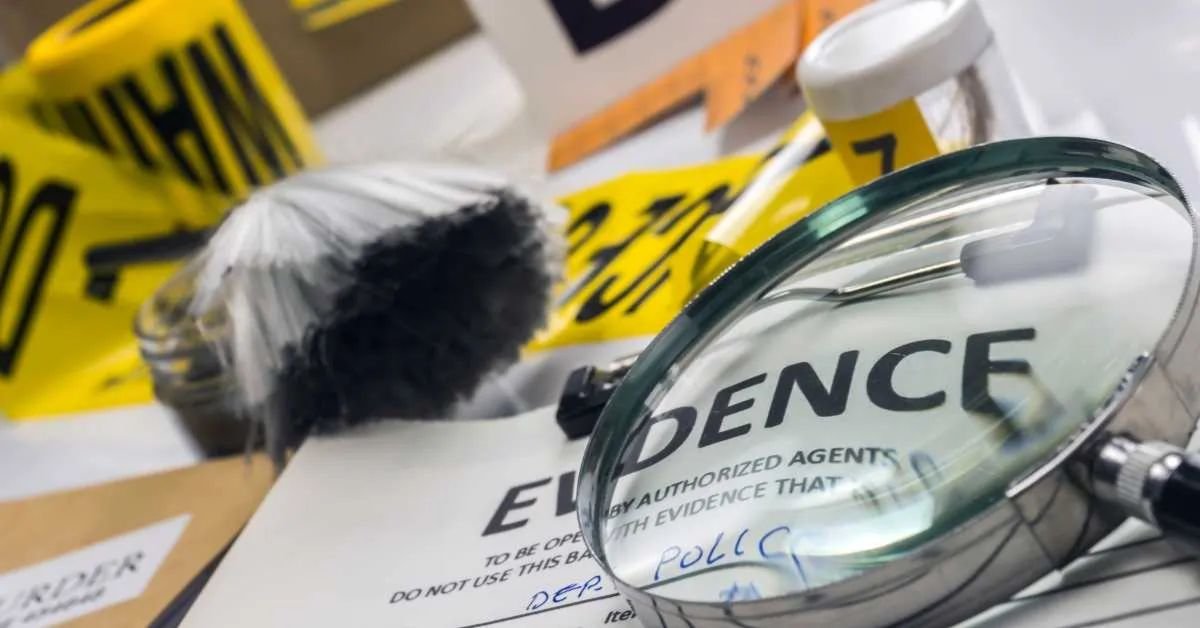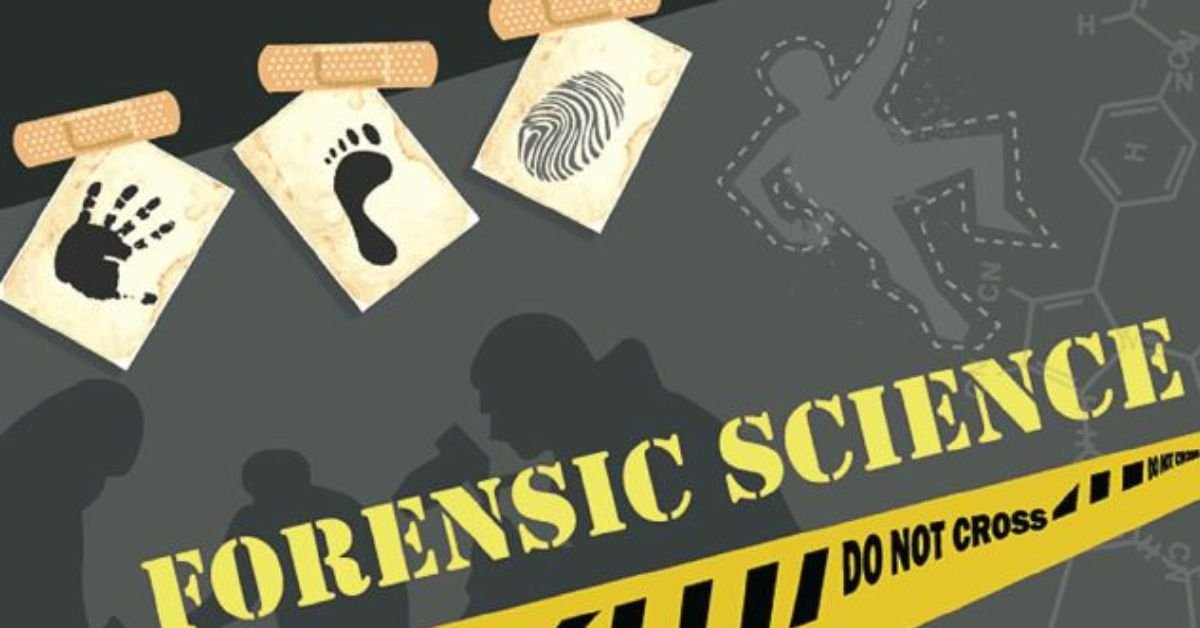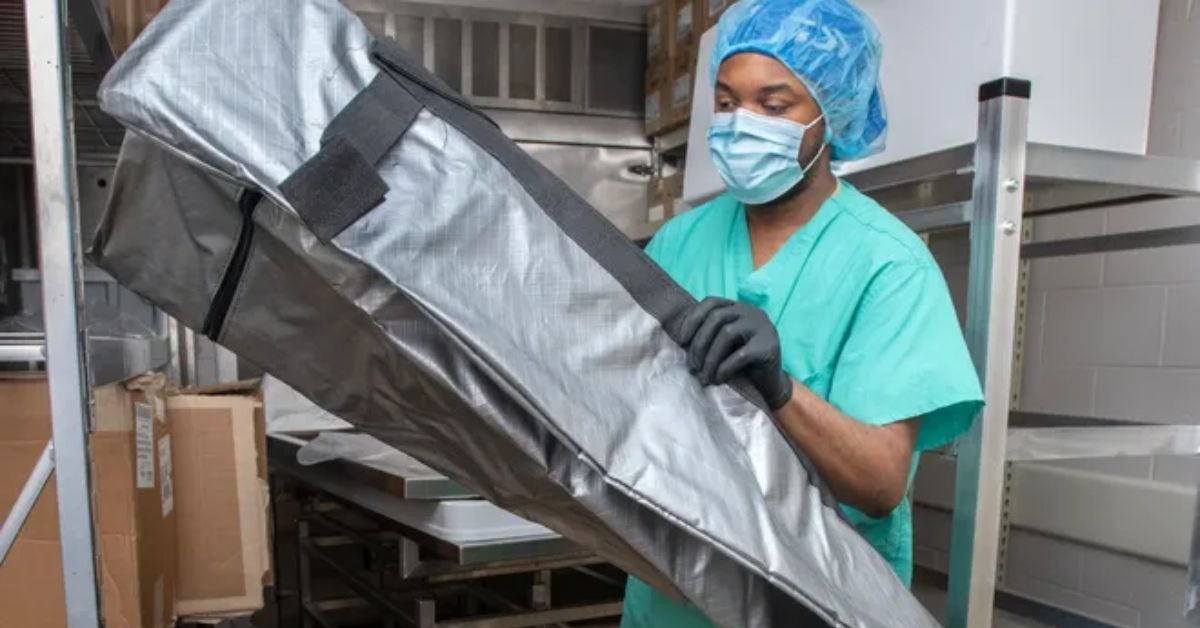Forensic science is a critical component of the criminal justice system, playing a key role in solving crimes, ensuring justice, and assisting law enforcement agencies in investigating and prosecuting offenders. Government forensic careers in Florida offer opportunities to work in various fields of forensic science, ranging from crime scene investigation to digital forensics. The state offers numerous opportunities in this specialized field, making it an attractive choice for individuals with an interest in both science and law. This article provides a detailed overview of government forensic careers in Florida, including the roles, required skills, qualifications, and how to pursue a career in this vital sector.
What Are Government Forensic Careers?
Government forensic careers refer to jobs in which forensic scientists, crime scene investigators, and other related professionals work for government agencies, including local, state, and federal levels. These professionals are responsible for analyzing evidence collected from crime scenes, conducting investigations, and providing expert testimony in court.
In Florida, various government agencies hire forensic professionals, such as the Florida Department of Law Enforcement (FDLE), local police departments, medical examiner’s offices, and federal agencies like the FBI and the Bureau of Alcohol, Tobacco, Firearms, and Explosives (ATF). These positions offer job security, competitive salaries, and the satisfaction of working to uphold justice in the community.
Key Government Forensic Careers in Florida
Government forensic careers in Florida span a wide range of roles. Some of the most common and in-demand positions include:
1. Crime Scene Investigator (CSI)
Crime Scene Investigators are responsible for collecting, preserving, and documenting evidence from crime scenes. They work closely with law enforcement officers and forensic scientists to ensure that all relevant evidence is properly collected, packaged, and analyzed. CSIs may specialize in particular types of evidence, such as blood spatter analysis, fingerprint identification, or DNA collection.
In Florida, crime scene investigators work with local police departments or the FDLE, helping to solve crimes and provide crucial evidence for criminal trials.
Key Responsibilities:
- Document and photograph crime scenes.
- Collect evidence such as biological samples, weapons, and trace materials.
- Process evidence in the laboratory for analysis.
- Assist in preparing reports for court testimony.
2. Forensic Pathologist
Forensic pathologists are medical doctors who specialize in determining the cause of death. They perform autopsies on deceased individuals to investigate whether death was due to natural causes, accident, suicide, or homicide. Forensic pathologists in Florida often work in county medical examiner’s offices and are essential to understanding how and why a person died.
Key Responsibilities:
- Conduct autopsies and post-mortem examinations.
- Collect tissue samples for toxicological testing.
- Determine cause and manner of death.
- Testify in court as expert witnesses.
3. Forensic Toxicologist
Forensic toxicologists analyze biological samples to identify the presence of drugs, alcohol, or poisons in the body. They play a crucial role in criminal investigations, especially in cases involving impaired driving, drug overdoses, or poisoning. Forensic toxicologists in Florida work in crime laboratories and medical examiner’s offices.
Key Responsibilities:
- Analyze blood, urine, and other biological samples for drugs and toxins.
- Conduct tests to identify substances that may have contributed to a person’s death.
- Interpret toxicological data for law enforcement.
- Provide expert testimony in court.
4. Digital Forensics Investigator
Digital forensics investigators specialize in recovering, preserving, and analyzing data from computers, smartphones, and other digital devices. In an increasingly digital world, these professionals play a vital role in criminal investigations by recovering deleted files, uncovering hidden data, and identifying evidence of cybercrimes. These positions are available within federal agencies like the FBI, state law enforcement, and local police departments.
Key Responsibilities:
- Recover deleted files and data from digital devices.
- Analyze electronic evidence in cases involving cybercrimes, fraud, and identity theft.
- Work with law enforcement to track online activities and criminal behavior.
- Present findings in court and provide expert testimony.
5. Forensic Odontologist
Forensic odontologists use dental records to identify human remains and investigate cases of bite marks or dental trauma. They work with law enforcement and medical examiners to identify deceased individuals when other identification methods are unavailable. This role is particularly important in cases of mass disasters, such as plane crashes or natural disasters.
Key Responsibilities:
- Identify human remains using dental records.
- Analyze bite marks on victims or suspects.
- Provide expert testimony in court regarding dental evidence.
6. Forensic DNA Analyst
Forensic DNA analysts specialize in analyzing genetic material to identify individuals or link suspects to crime scenes. This role is crucial for solving cold cases and providing irrefutable evidence in criminal trials. In Florida, forensic DNA analysts typically work in state laboratories or with law enforcement agencies.
Key Responsibilities:
- Analyze DNA samples from crime scenes, suspects, and victims.
- Compare DNA profiles to databases for identification.
- Present findings in court as expert witnesses.
Skills and Qualifications for Government Forensic Careers
The skills and qualifications required for government forensic careers in Florida vary depending on the specific job. However, there are common qualifications that most forensic science professionals must possess:
1. Educational Requirements
Most government forensic careers in Florida require at least a bachelor’s degree in forensic science, biology, chemistry, or a related field. Forensic pathologists, however, require a medical degree and specialized training in forensic pathology. Many positions also require advanced degrees, certifications, or specialized training, especially for roles in DNA analysis, toxicology, or digital forensics.
2. Technical Skills
Forensic professionals must possess strong technical skills to operate specialized equipment and conduct scientific analysis. This includes proficiency in laboratory techniques, such as DNA extraction, chemical analysis, and digital data recovery. Knowledge of industry-standard software for analyzing data and presenting findings is also essential.
3. Attention to DSkills
Effective communication is vital for forensic professionals, as they often provide expert testimony in court or work closely with law enforcement and attorneys. Forensic scientists must be able to explain complex scientific concepts in simple terms and provide clear, concise reports.
Key Government Forensic Careers in Florida
| Career | Primary Duties | Education Required | Key Skills |
|---|---|---|---|
| Crime Scene Investigator (CSI) | Collect and preserve evidence from crime scenes. | Bachelor’s in forensic science or related field. | Attention to detail, analytical skills, photography. |
| Forensic Pathologist | Conduct autopsies and determine the cause of death. | Medical degree with forensic pathology training. | Medical knowledge, attention to detail, critical thinking. |
| Forensic Toxicologist | Analyze biological samples for toxins, drugs, and alcohol. | Bachelor’s in toxicology or related field. | Lab skills, chemical analysis, attention to detail. |
| Digital Forensics Investigator | Recover and analyze data from digital devices. | Degree in computer science or digital forensics. | Tech proficiency, analytical skills, attention to detail. |
| Forensic Odontologist | Identify remains using dental records. | Degree in dentistry with forensic training. | Medical knowledge, attention to detail, investigative skills. |
| Forensic DNA Analyst | Analyze and compare DNA samples to identify individuals. | Bachelor’s in biology, genetics, or forensic science. | DNA analysis, laboratory skills, attention to detail. |
How to Pursue a Career in Government Forensics in Florida
To pursue a government forensic career in Florida, follow these key steps:
- Complete the Necessary Education: Obtain a degree in forensic science, biology, chemistry, or a related field. Some positions, such as forensic pathologists, require advanced degrees or medical qualifications.
- Gain Relevant Experience: Internships or entry-level positions in crime labs or law enforcement agencies are invaluable for gaining hands-on experience in forensic work.
- Obtain Certifications: Many forensic positions require specialized certifications, such as those offered by the American Board of Criminalistics or the International Association for Identification.
- Apply to Government Agencies: Florida’s FDLE, local police departments, and federal agencies like the FBI regularly hire forensic professionals. Be sure to keep an eye on job postings and apply directly to these agencies.
- Prepare for Background Checks: Given the sensitive nature of the work, most forensic professionals will undergo background checks and may need to pass security clearances.
Conclusion
Government forensic careers in Florida offer a wide range of exciting and rewarding opportunities for individuals passionate about both science and justice. From crime scene investigators and forensic toxicologists to digital forensics experts and forensic pathologists, the state provides various roles that contribute to solving crimes and ensuring justice. Whether you are just starting your career or looking to specialize in a specific forensic field, Florida’s government agencies offer a stable and fulfilling environment for professionals in this critical field.
References
- Florida Department of Law Enforcement (FDLE). (n.d.). Forensic Services. Retrieved from https://www.fdle.state.fl.us
- National Institute of Justice. (2020). Forensic Science and the Criminal Justice System. Retrieved from https://nij.ojp.gov
- Florida Medical Examiner’s Commission. (n.d.). Florida Medical Examiner’s Offices. Retrieved from https://www.floridamedsoc.org
- U.S. Department of Justice. (2021). The Role of Digital Forensics in Criminal Investigations. Retrieved from https://www.justice.gov
- American Board of Criminalistics. (n.d.). Certification in Forensic Science. Retrieved from https://www.criminalistics.com
